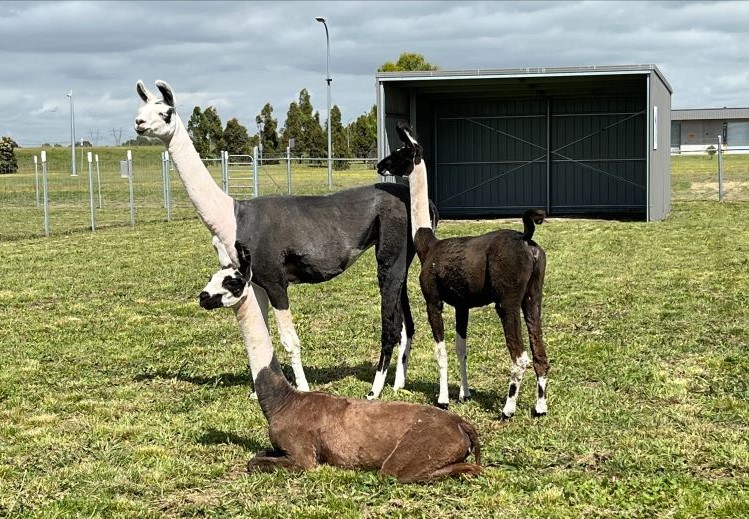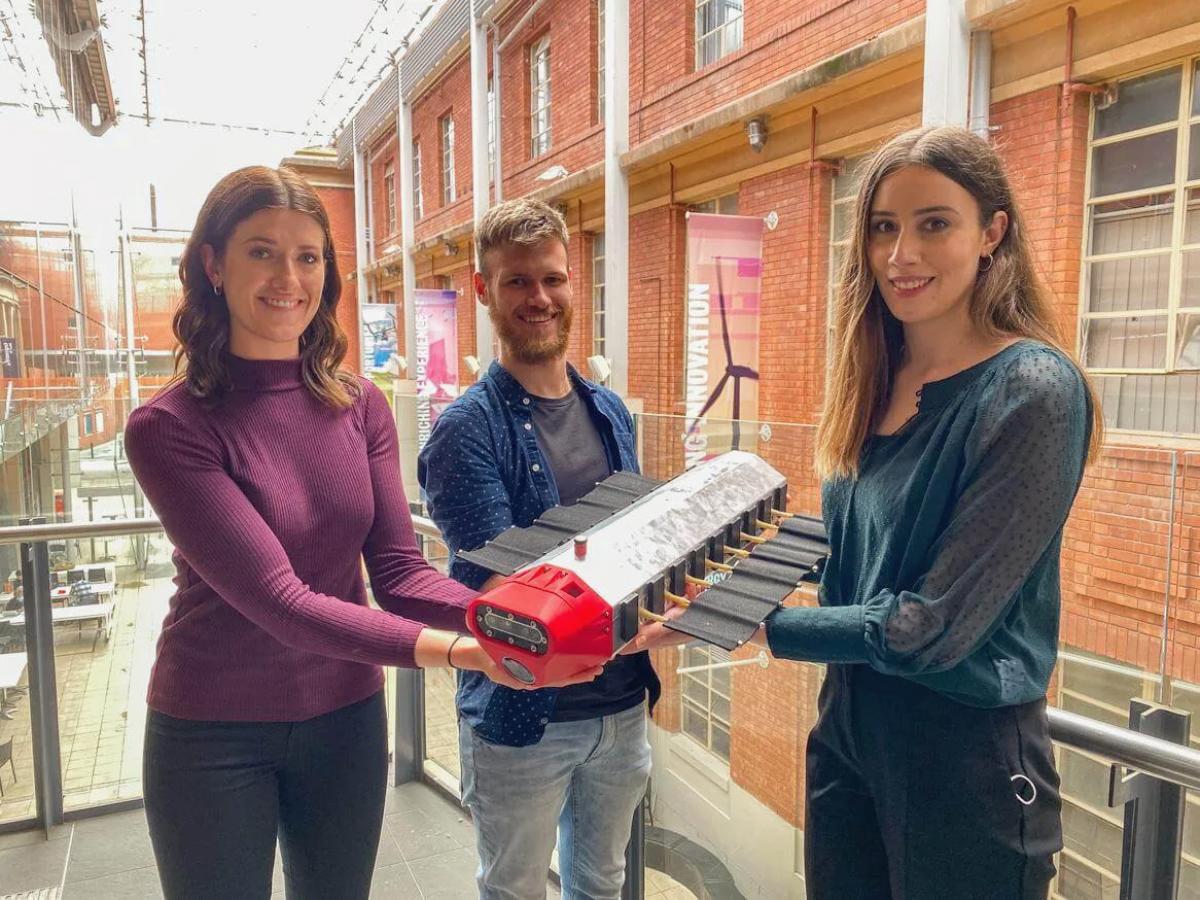The Australian Government has secured access to an experimental medicine to help in the fight against a rare and highly aggressive brain cancer in children-Diffuse Intrinsic Pontine Glioma (DIPG).
The medicine, ONC201 (dordaviprone), will now be available to Australian patients who are eligible through an Expanded Access Program.
The prognosis for DIPG remains poor with only ten per cent of children with DIPG surviving for two years following diagnosis, and less than one per cent surviving for five years. With median survival time of only nine months from diagnosis, DIPG claims many lives each year and effective treatments options are limited.
Access to ONC201 is a welcome breakthrough and comes after Minister Butler contacted the US pharmaceutical company, Chimerix to request access to the product for an Australian patient through their Expanded Access Program and the TGA administered Special Access Program for unapproved medicines.
Following Minister Butler’s letter, Chimerix will also extend the medical scope to include certain patients who have H3 K27M mutation and/or midline gliomas, including those patients who have been taking ONC201.
In addition, the TGA is providing information to Chimerix on Australia’s requirements for any future registration of the medicine in Australia.
Quotes attributable to Minister Butler:
“Making sure all Australians have access to important and lifesaving medicines is an Albanese Government priority.
“I know Eve Daher’s family faced an uphill battle to get ONC201.
“This access to ONC201 is a great result for Eve and potentially other young Australians affected by DIPG.”








